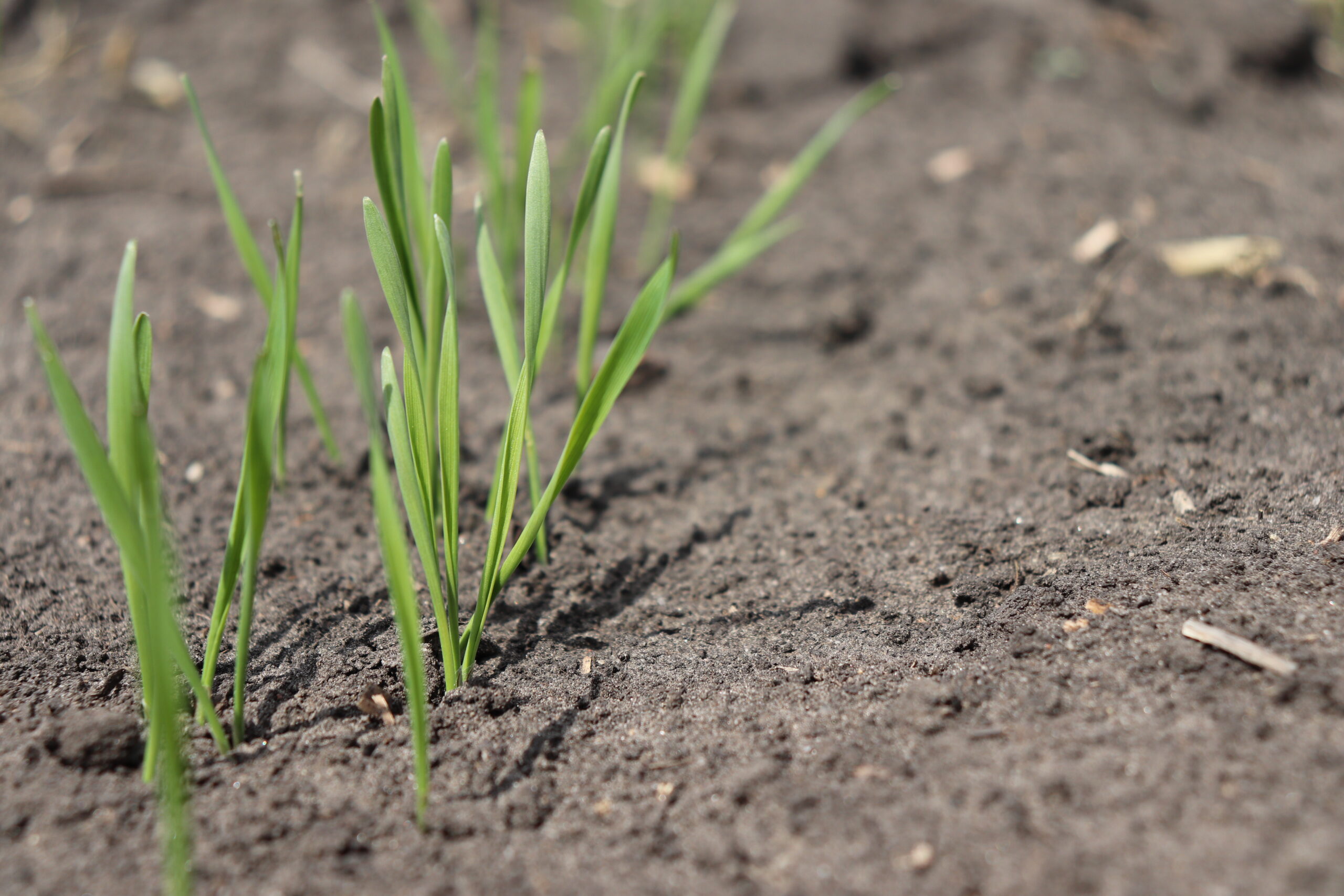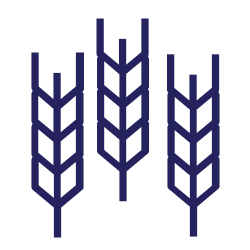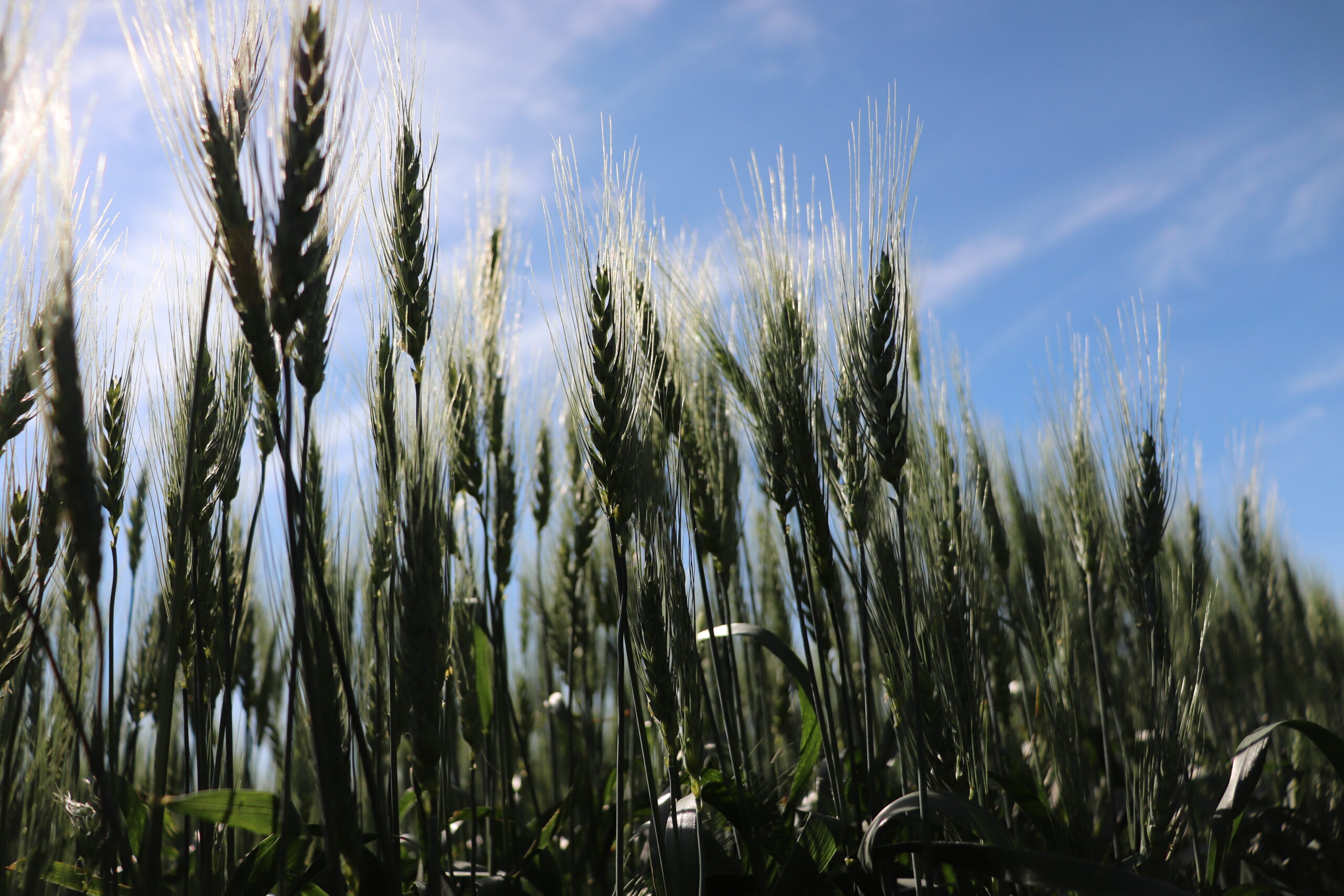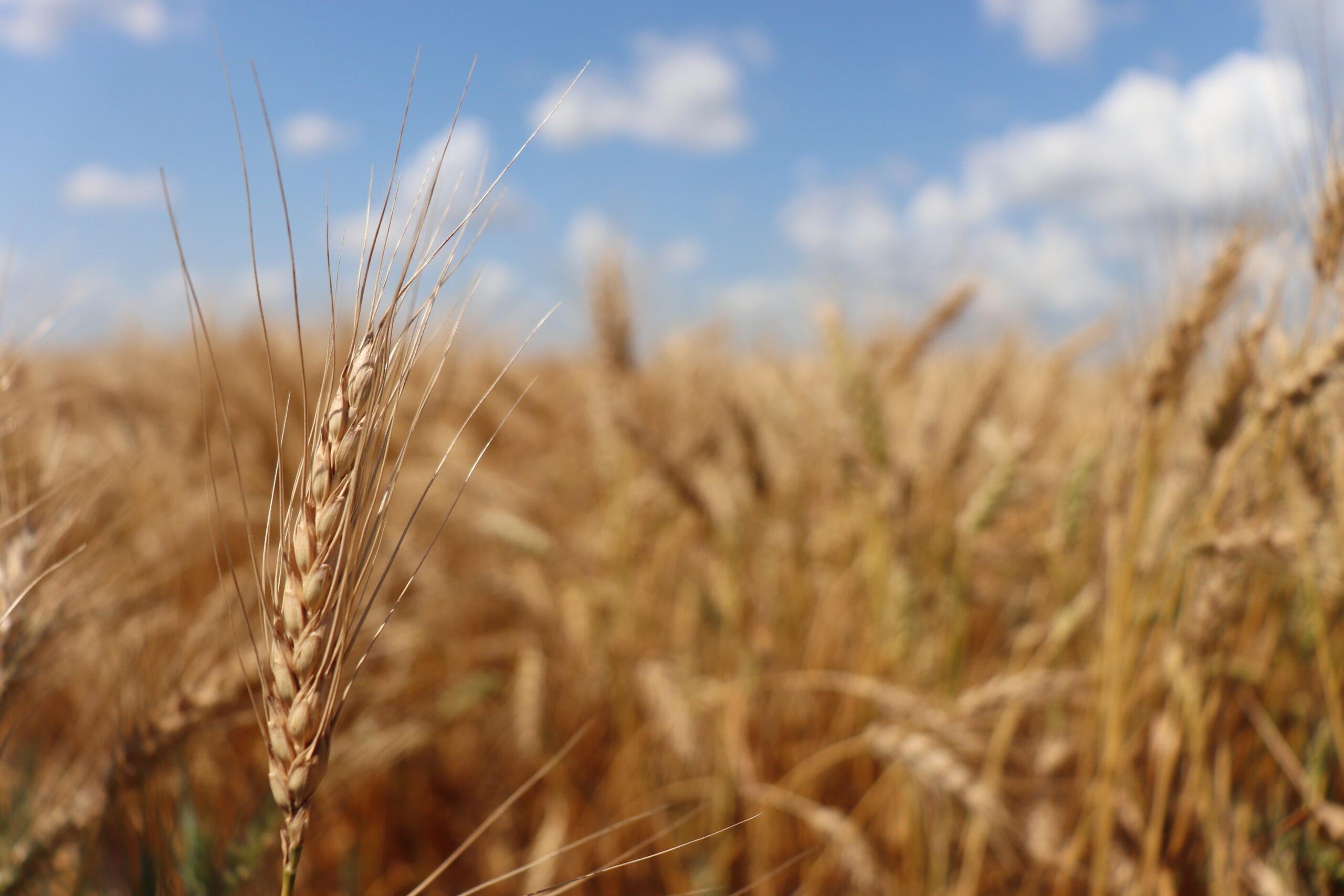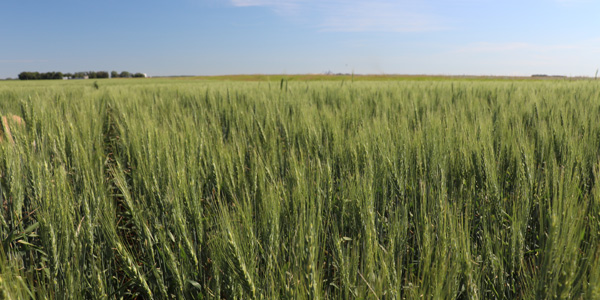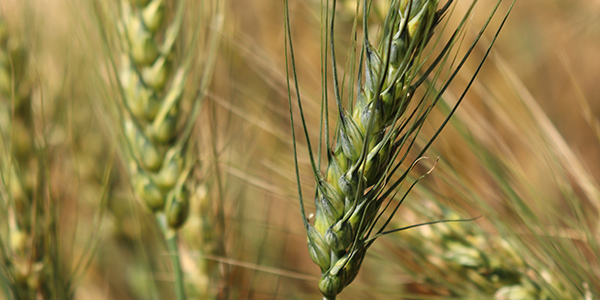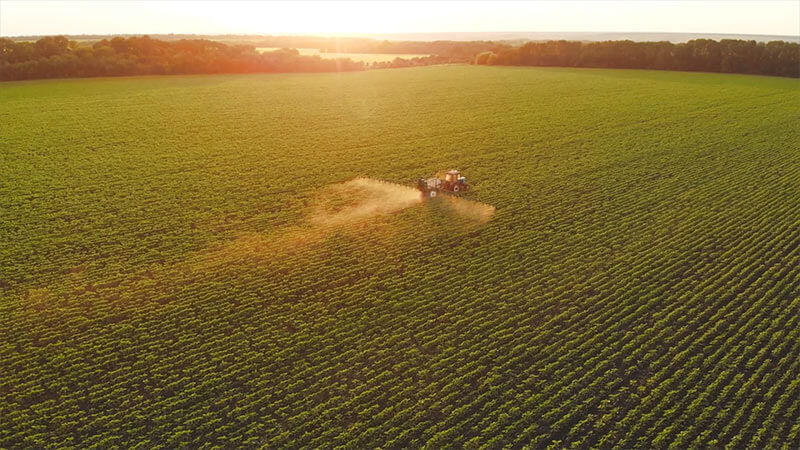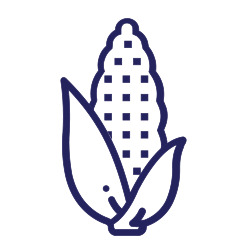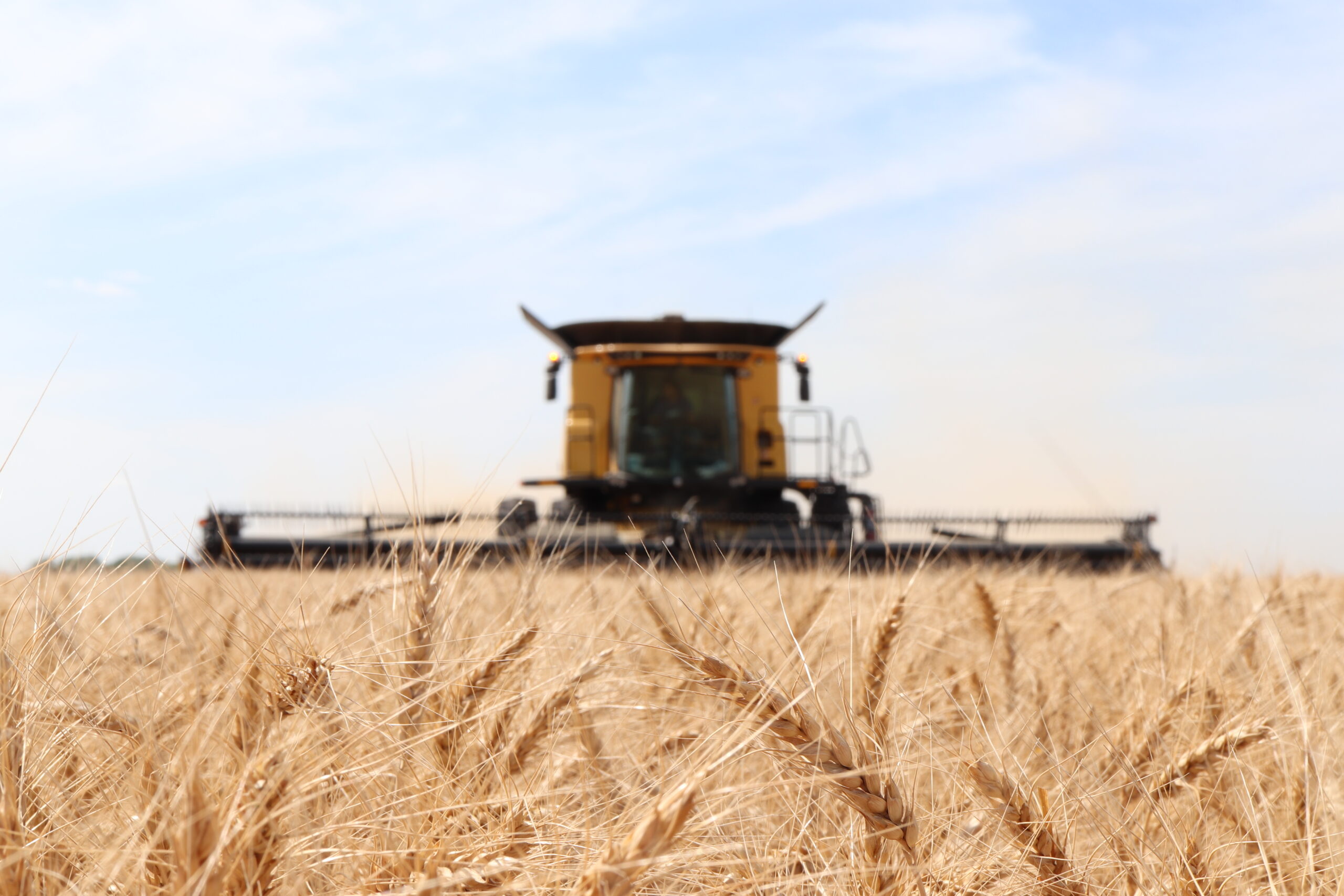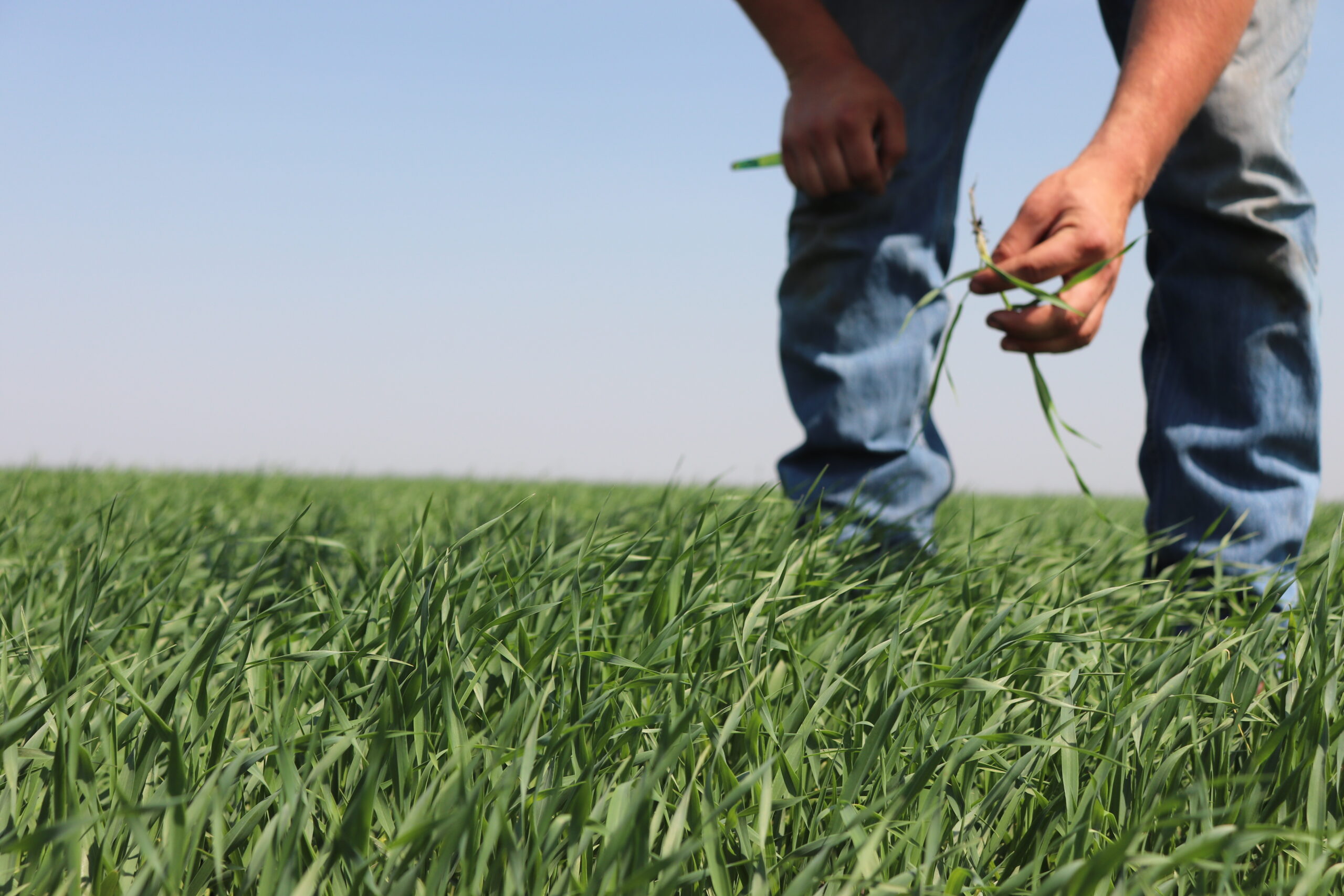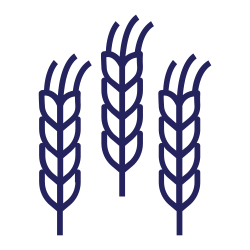High yielding wheat varieties via screening for water use efficiency and drought tolerance under thermal conditions
Crop Types
- Wheat
Collaborating Locations
University of AlbertaIn Western Canada, wheat is the cereal crop with the largest acreage; however, increasingly variable climate conditions and stress such as drought can affect plant development, yield and profitability for growers. This places more emphasis on developing tolerant varieties with high grain yield, yield stability and quality through selection and breeding efforts. Although significant progress has been made in improving the genetic gain of wheat, the crop rarely reaches its potential due to adverse growing conditions during the growing season. Improving drought tolerance and water use efficiency could greatly improve yield, yield stability and grain quality. Drought tolerance and water use efficient wheat tends to have a yield advantage under moisture limited environment, however these traits are difficult to select for breeding lines. Therefore, better research methods are required to resolve technical issues surrounding drought tolerance and water use efficiency phenotyping. This project aims to screen Canadian spring wheat varieties registered for the past 20 years as well as advanced breeding lines for drought tolerance and water use efficiency. The work done with this information will allow for a better system to identify the genes associated with drought tolerance and water use efficiency for future breeding programs.
Objectives
- Spring wheat ranked for drought tolerance and WUE under thermal and non-thermal conditions.
- High-Throughput Plant Phenotyping protocols using UAV based sensors to assess traits related drought and heat stresses.
- Genetic variation among the spring wheat varieties for drought tolerance and WUE as an indicator of yield.
- Catalogue of plant attributes associated with improved drought tolerance and WUE is produced.

